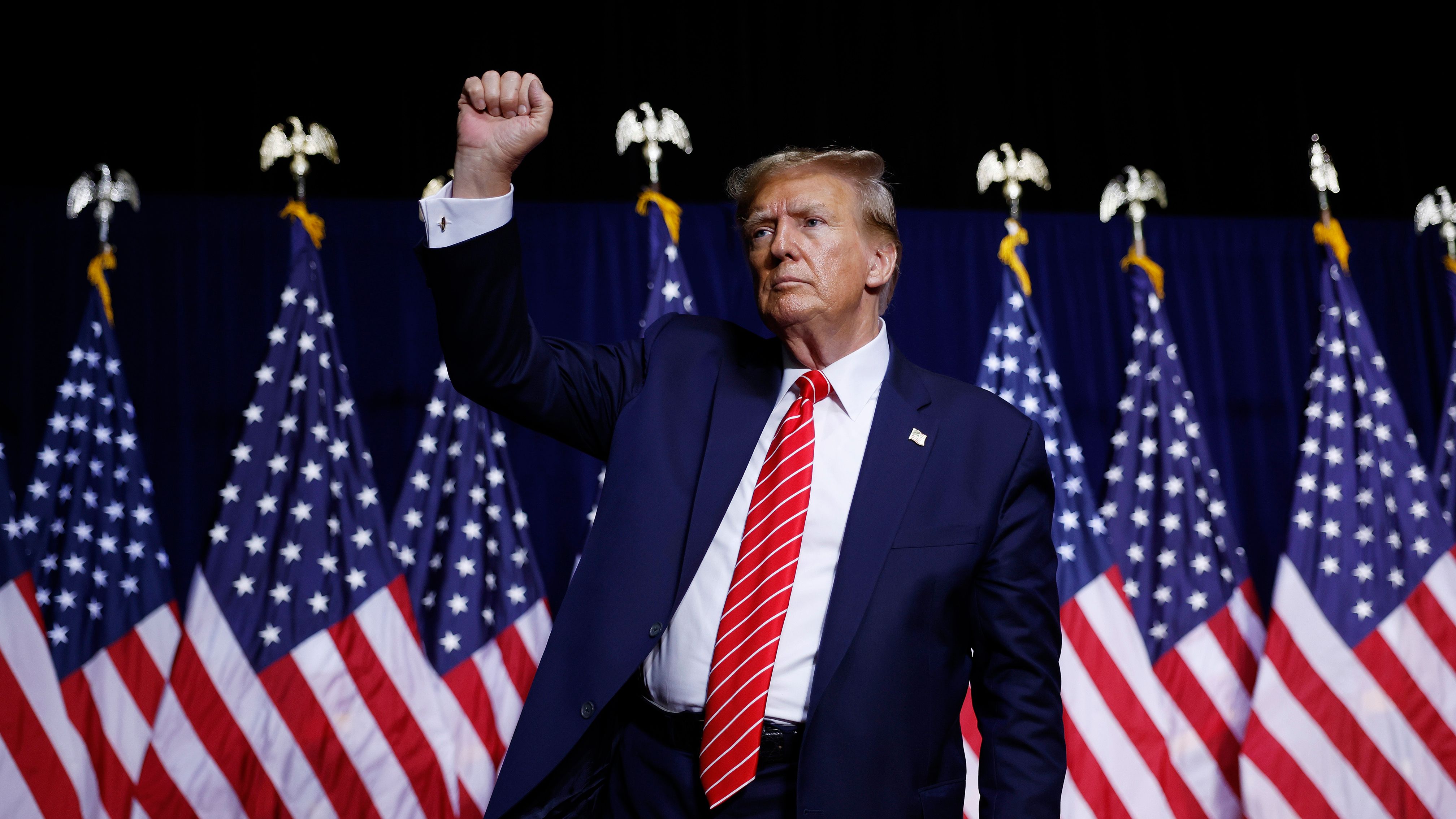Revolutionizing Regulation: The Future of Crypto in the Age of Global Collaborations
Overview or Introduction
The rapidly evolving landscape of cryptocurrency regulation presents both challenges and opportunities for countries around the globe. As American regulators grapple with outdated frameworks, nations like El Salvador and Argentina are stepping forward to build a robust partnership aimed at fostering a vibrant crypto industry. This article explores how these developments could redefine crypto regulation and prompt a re-examination of the U.S. regulatory approach.
Amidst the chaos of enforcement cases and allegations of stifling innovation, the future of crypto hangs in the balance. Can countries adapt quickly enough to reap the benefits of digital assets, and what does this mean for international competitiveness?
U.S. Regulatory Landscape: A Stifling Environment
In a recent plea addressed to President-elect Trump, a prominent legal figure in digital asset practices urged immediate reform in the U.S. crypto regulatory landscape. The call for an Executive Order on Day One signifies the pressing need to restore clarity and encourage crypto entrepreneurship in the U.S. Current SEC chair Gary Gensler has faced criticism for an enforcement-heavy approach that many argue goes against the innovative spirit of the crypto industry.
As regulators continue to apply age-old rules to groundbreaking technology, the absence of modernized guidelines has not only left domestic market participants bewildered but has also pushed key innovators offshore, threatening the U.S.’s position as a leader in global finance.
Latin America Leads the Way: New Partnerships Formed
In a contrasting strategy, El Salvador and Argentina’s recent agreement to collaborate on crypto regulations highlights a proactive approach to digital asset governance. This partnership, cemented by the leaders of their respective regulatory bodies, seeks to share expertise and create a more conducive environment for crypto innovation.
El Salvador’s early adoption of Bitcoin as legal tender showcases its commitment to remain at the forefront of the crypto movement, while Argentina’s technological reputation positions it well for constructive cooperation. This bilateral strategy could serve as a model for other nations as they seek to capitalize on the growing digital economy.
What the Future Holds: Challenges and Opportunities
As both the U.S. and Latin American countries navigate the complex terrain of crypto regulation, the future remains uncertain. The U.S. must confront its regulatory barriers head-on; otherwise, it risks falling behind in the global race for crypto leadership. On the other hand, the collaborative efforts in Latin America may set a precedent for continuous technological advancement in the digital asset space.
The competitive edge in the crypto ecosystem will undoubtedly belong to nations that embrace innovation rather than stifle it. As more regulatory bodies engage in international cooperation, the global framework for cryptocurrency could evolve, driving reforms at home and abroad.
Key Takeaways
- The U.S. crypto regulatory landscape is currently marked by enforcement actions that hinder innovation and drive businesses abroad.
- El Salvador and Argentina’s partnership signifies a proactive approach to fostering a favorable environment for crypto development.
- The success of new regulatory frameworks in Latin America could challenge the U.S. to reconsider its digital asset strategies.
- International cooperation in crypto regulation could lead to a more vibrant global crypto economy.

